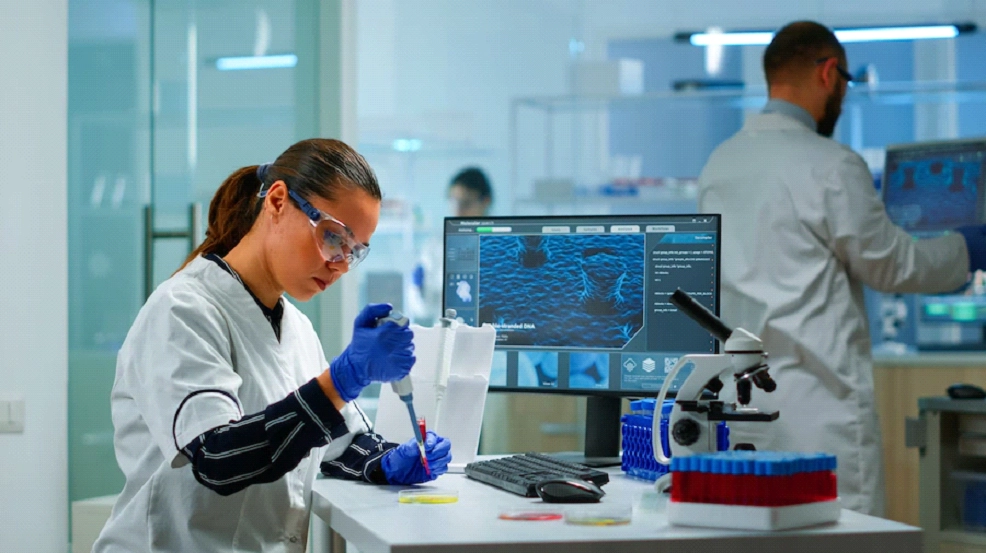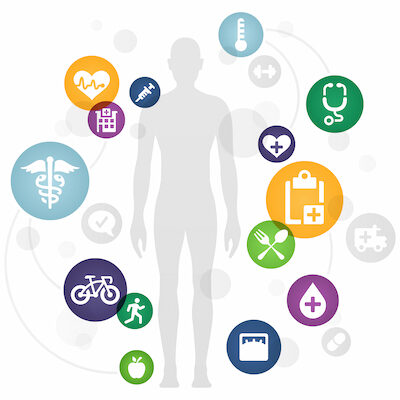Table of Contents
Job Opportunities in Clinical Research Industry
Introduction
The clinical research industry stands as a pivotal pillar in healthcare advancement, facilitating the development of new treatments, drugs, and medical procedures. With the rapid expansion of medical knowledge and technology, the demand for skilled professionals in clinical research continues to soar. This burgeoning field offers a myriad of job opportunities in clinical research industry for individuals passionate about making a difference in healthcare. In this blog, we delve into the diverse range of career paths within the clinical research industry and highlight the skills and qualifications required to succeed.
Clinical Research: An Overview
Clinical research involves the investigation of medical treatments, drugs, and procedures to ensure their safety and efficacy for human use. It encompasses a broad spectrum of activities, including clinical trials, observational studies, regulatory compliance, data management, and pharmacovigilance. Professionals working in clinical research play a crucial role in bringing new therapies from concept to market, thereby contributing to the improvement of global healthcare.
Career Paths in Clinical Research
- Clinical Research Coordinator (CRC): CRCs are responsible for coordinating clinical trials and ensuring compliance with regulatory requirements. They liaise between sponsors, investigators, and study participants, overseeing various aspects of the research process, such as participant recruitment, data collection, and protocol adherence. Strong organizational skills, attention to detail, and knowledge of regulatory guidelines are essential for this role.
- Clinical Research Associate (CRA): CRAs monitor clinical trials conducted at investigational sites to ensure adherence to protocols, regulatory standards, and Good Clinical Practice (GCP) guidelines. They conduct site visits, review study documentation, and communicate findings to sponsors. CRAs typically have a background in life sciences or healthcare, coupled with strong analytical and communication skills.
- Data Manager: Data managers are responsible for overseeing the collection, management, and analysis of clinical trial data. They develop data management plans, ensure data integrity, and collaborate with study teams to generate statistical reports. Proficiency in database management systems, attention to detail, and analytical abilities are essential for data managers.
- Regulatory Affairs Specialist: Regulatory affairs specialists navigate the complex landscape of regulatory requirements governing clinical research. They prepare and submit regulatory documents to obtain approval for clinical trials, ensure compliance with regulatory standards, and communicate with regulatory agencies. A strong understanding of medical regulations, attention to detail, and excellent written communication skills are vital for this role.
- Clinical Project Manager (CPM): CPMs oversee the planning, execution, and management of clinical trials from initiation to closeout. They coordinate multidisciplinary teams, develop project timelines and budgets, and ensure that trials are conducted according to protocol and regulatory requirements. Effective leadership, problem-solving skills, and project management expertise are crucial for success as a CPM.
- Biostatistician: Biostatisticians play a critical role in the design and analysis of clinical trials. They develop statistical methodologies, analyze trial data, and interpret results to inform decision-making. Proficiency in statistical software, strong quantitative skills, and a background in mathematics or statistics are essential for biostatisticians.
- Pharmacovigilance Specialist: Pharmacovigilance specialists monitor the safety of drugs and medical products throughout their lifecycle. They review adverse event reports, conduct safety assessments, and communicate risk information to stakeholders. Attention to detail, pharmacological knowledge, and familiarity with regulatory requirements are key attributes for pharmacovigilance specialists.
Skills and Qualifications
While specific job roles in clinical research may vary, several core skills and qualifications are universally valued in this industry:
- Educational Background: Most positions in clinical research require a bachelor’s or master’s degree in life sciences, healthcare, pharmacy, or a related field. Advanced degrees, such as a Ph.D. or M.D., may be required for certain roles, such as biostatisticians or medical monitors.
- Knowledge of Regulatory Guidelines: A strong understanding of regulatory requirements, including Good Clinical Practice (GCP) guidelines, International Council for Harmonisation (ICH) guidelines, and local regulations, is essential for ensuring compliance in clinical research.
- Communication Skills: Effective communication is vital for interacting with diverse stakeholders, including investigators, sponsors, regulatory agencies, and study participants. Clear verbal and written communication facilitates collaboration and ensures the smooth conduct of clinical trials.
- Analytical Skills: Proficiency in data analysis, statistical methods, and critical thinking enables professionals to interpret study results, identify trends, and make informed decisions in clinical research settings.
- Attention to Detail: Given the importance of accuracy and precision in clinical research, attention to detail is paramount. Professionals must meticulously review study protocols, documentation, and data to ensure quality and integrity throughout the research process.
Conclusion – Job Opportunities in Clinical Research Industry
The clinical research industry offers a wealth of opportunities for individuals seeking rewarding careers at the intersection of healthcare and scientific innovation. From clinical research coordinators to biostatisticians, the diverse range of job roles in this field caters to professionals with varied skills and interests. By acquiring the necessary education, skills, and experience, aspiring clinical research professionals can embark on fulfilling career paths that contribute to the advancement of medical science and the improvement of patient care.
As the demand for novel treatments and therapies continues to grow, the role of clinical research professionals remains indispensable in driving healthcare progress and shaping the future of medicine. Whether you’re passionate about patient advocacy, data analysis, or regulatory compliance, there’s a place for you in the dynamic and rewarding world of clinical research.
You may be interested in…




